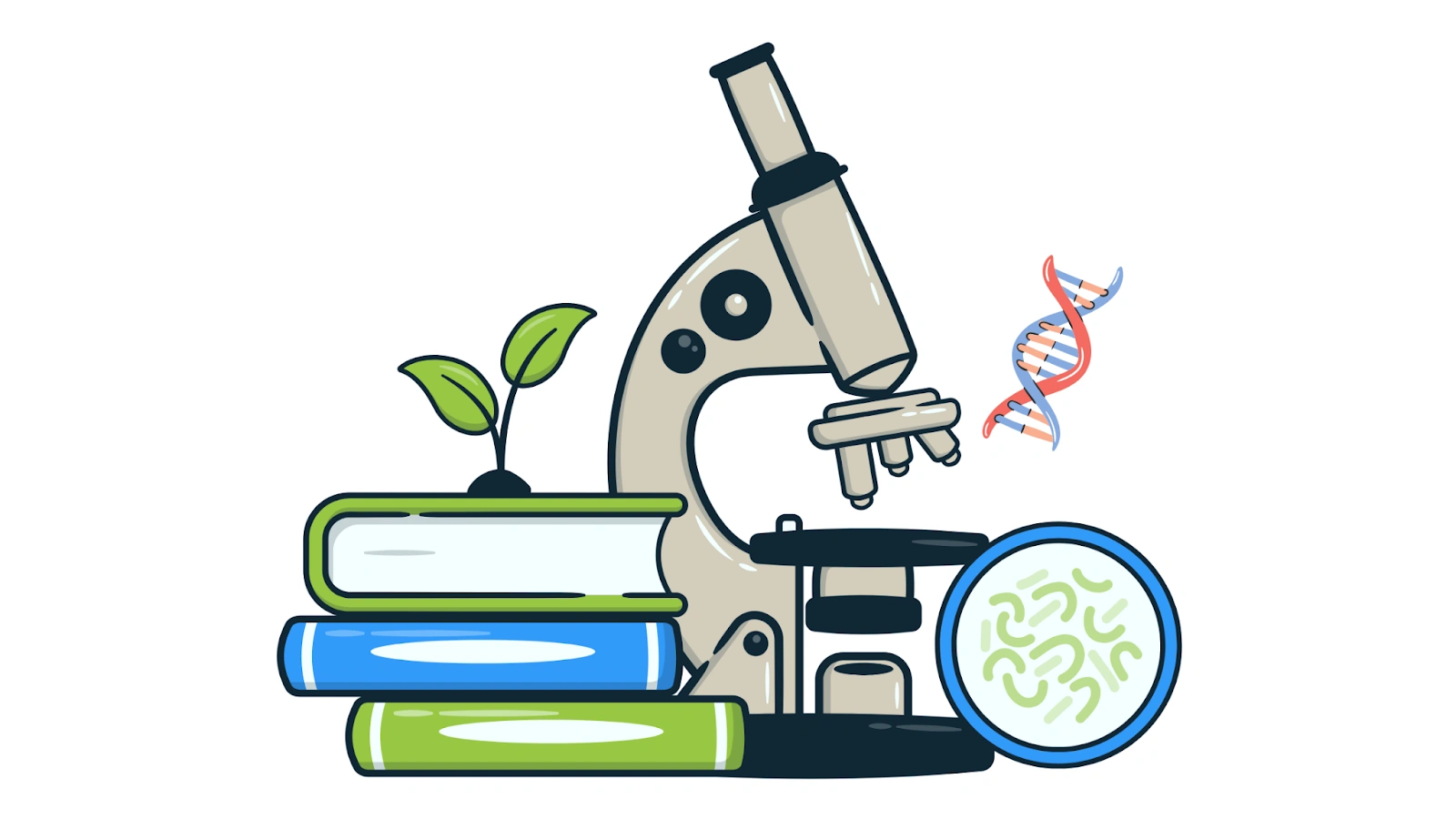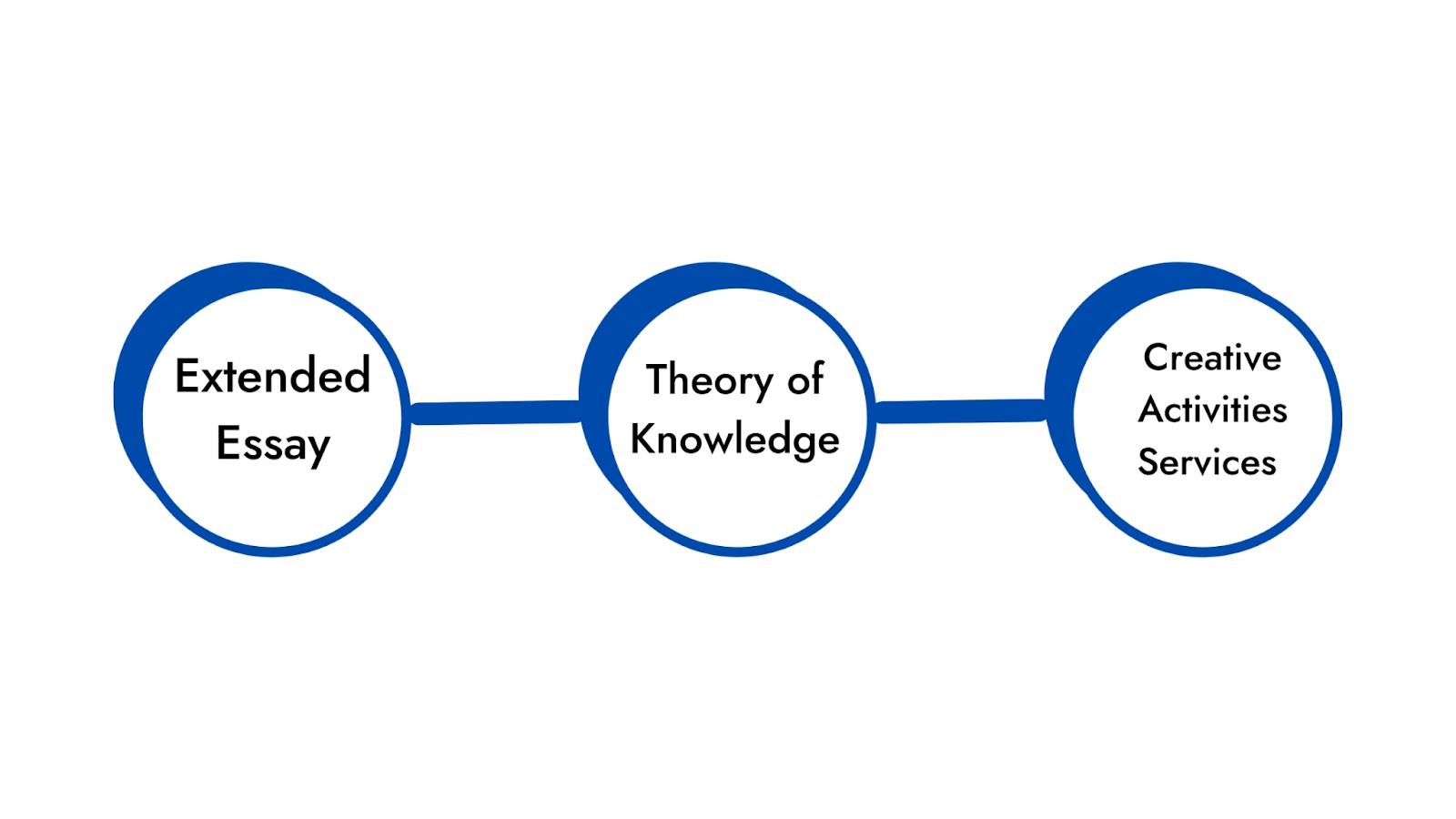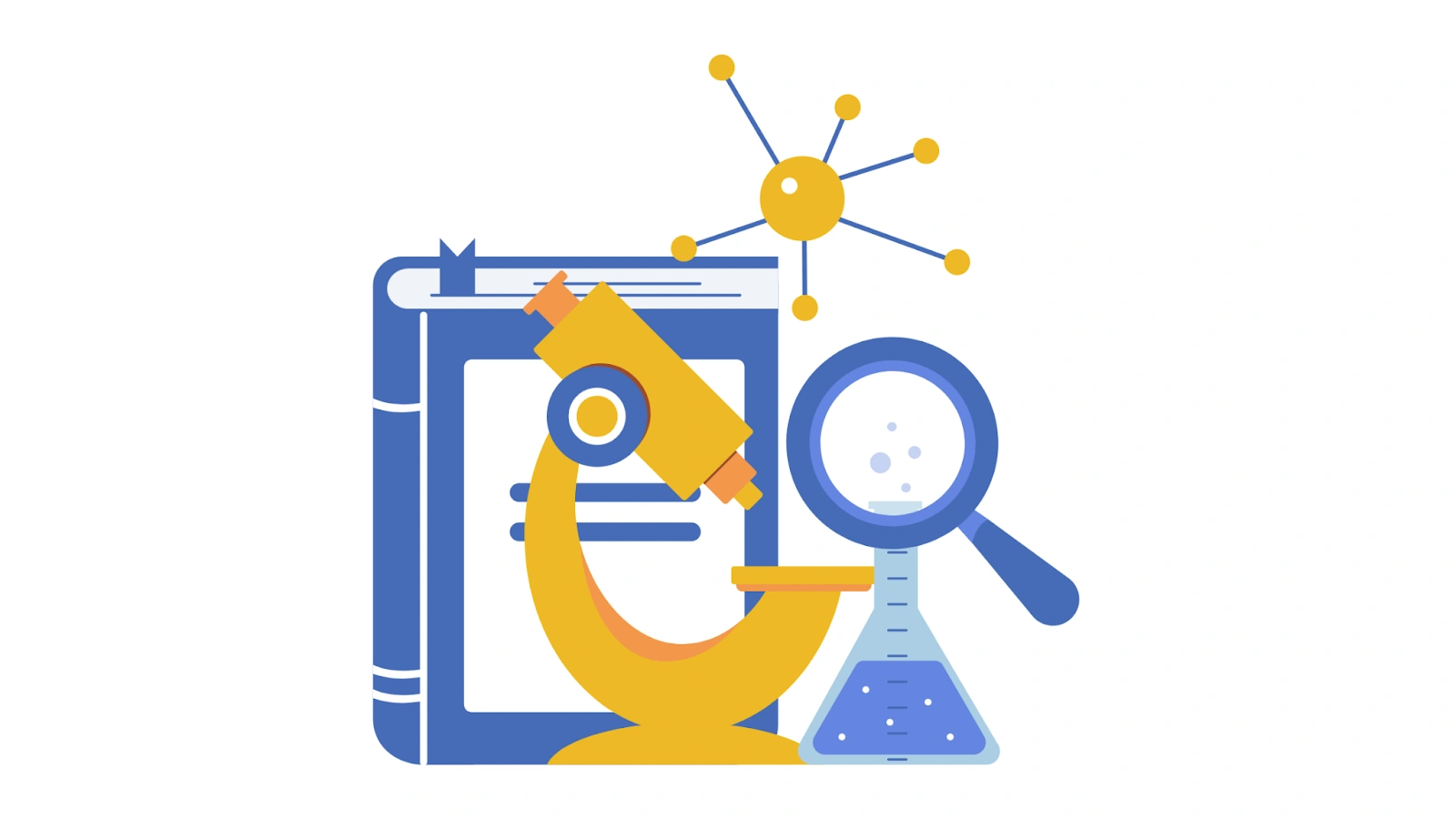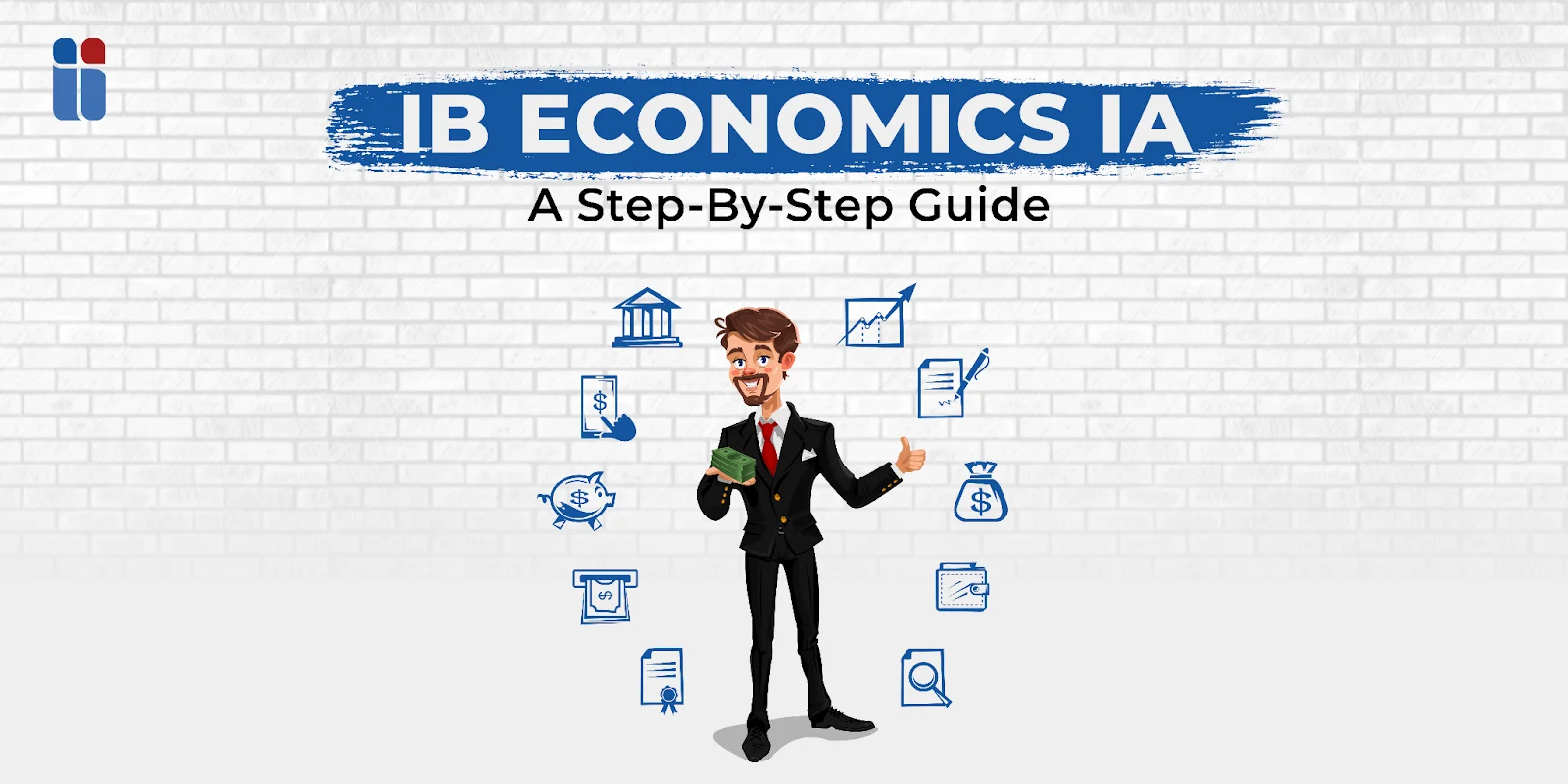Studying for an International Baccalaureate (IB) degree can feel complicated, and if you are wondering “How hard is IB?”, you are not alone.
Students all over the world have similar questions, especially given IB’s reputation for a rigorous curriculum and in-depth assessments. Explore the benefits of the International Baccalaureate curriculum and discover why it’s an excellent choice for students.
The Impact of IB – 5 Surprising Facts
Let’s explore five surprising insights about IB to better understand its unique challenges. Comparing it to other programs such as A Levels raises the question: Is IB more challenging than A Levels?
1. Exploring the IBDP Subjects

A unique feature of the IB program is the variety of IBDP subjects. Students choose six subjects from a range of subjects, including languages, science, and humanities.
Each subject requires extensive study and an interdisciplinary approach, with students needing to complete three main components: TOK, (EE), and (CAS).
This approach creates adaptable students but can increase difficulty due to high standards in many subjects. Here’s how students complete various IB topics:
- Is IB Economics Hard?
IB Economics challenges students to balance theory, real-world application, and data analysis, requiring a critical look at global economic issues. - Is IB Psychology Hard?
IB Psychology explores complex behavioral concepts and research. This makes it more difficult than a normal high school curriculum. - How Hard Is IB Physics?
IB Physics is tough.It combines complex theory, experimentation, and calculations that require strong analytical skills. Especially at higher levels (H.L).
2. Challenging Assessment Standards: Is IB Harder than A Levels?

A common question from students and parents is “Is the IB harder than A Levels?”, although both programs are academically demanding. But they have a different focus and structure.
IB emphasizes holistic development and interdisciplinary skills. It requires students to balance six subjects alongside Theory of Knowledge (TOK), Extended Essay (EE) and Creative Activities, Services (CAS).
Note: Proper time management is crucial in the IB. Allocating time to all six subjects and core components can make a big difference. |
A Levels allow students to concentrate on three or four subjects, providing in-depth knowledge in specific fields. Unlike the IB, A Levels do not include core elements such as TOK and CAS, but both pathways require dedication and discipline to succeed.
Assessment format: The IB grading combines internal and external assessments, focusing on analytical skills, creativity, and practical application—not just memorization.
In contrast, A Levels rely heavily on final exams, focusing on students’ knowledge and understanding. There is often an emphasis on rote learning and exam preparation.
In this structure, students are required to demonstrate their abilities primarily through written tests, which determines how they engage with the content.
Remember! Internal assessments are moderated by IB to ensure consistency and fairness. |
Exam format: IB exams are known for their difficulty, pushing students beyond memorization. They emphasize critical thinking, analysis, and applying knowledge in new contexts, which can be challenging for those used to rote learning or multiple-choice tests.
The IB exams are designed to evaluate not just knowledge, but also critical thinking and application, preparing students for the challenges of higher education.
A Levels primarily consist of written tests assessing a student’s understanding of specific topics through structured questions. While they encourage critical thinking, the focus is on knowledge retention, differing from the IB’s interdisciplinary approach.
Grading system: The IB 45 scale allows up to 7 points per subject, with an additional 3 points from (TOK) and (EE), but how challenging is it to achieve the perfect 45?
If you’re aiming for a top score, explore this guide on achieving a perfect 45 in the IB Diploma Program for expert exam strategies and essential tips.
In contrast, A Levels use a grading system of A* to E, with A* being the highest grade. Students typically study three to four subjects, and achieving high grades can be challenging due to external examinations for each subject.
Level Comparison: A-levels may seem easier for students who excel in the exam system. However, Is IB harder than A Levels?
The International Baccalaureate (IB) has a comprehensive curriculum and a wide range of assessments, which can pose more of a challenge.
A Levels allow students to focus on three to four subjects, making the content manageable and encouraging deeper exploration of their interests.
3. Balancing the Core Components: EE, TOK, and CAS

IB’s three core components – Extended Essay (EE), Theory of Knowledge (TOK) and Creative Activities Services (CAS) – are an important part of the program’s identity.
These elements encourage students to explore beyond the curriculum, cultivating critical thinking and practical skills. Here’s a brief overview:
- Extended Essay (EE)
Writing a 4,000 word independent research paper can be challenging. EE encourages in-depth exploration of selected topics. This can be effective but time-consuming and demanding. - Theory of Knowledge (TOK)
TOK challenges students to consider how we know what we claim to know. This philosophical component focuses on evaluating viewpoints and creating well-informed arguments rather than searching for the “right” answer. - Creativity, Activity, Service (CAS)
CAS promotes personal growth and community contribution, but balancing it with academic responsibilities can be challenging.
FYI! While academics are demanding, balancing them with CAS activities helps provide a well-rounded IB experience and prevents burnout. |
4. IB Subject Difficulty: Which Subjects Are the Hardest?

Some IB subjects have a reputation for being especially tough. Here’s a breakdown of what students typically find difficult and why:
- Higher-Level (HL) Mathematics
HL Mathematics is known to be one of the most difficult subjects. The concepts are complex and the workload is heavy. Many people ask, is IB Math HL hard? In short: yes, but it’s achievable with the right support. For a deeper understanding of the challenges, check out this insightful article. - IB Sciences (Physics, Chemistry, and Biology)
Each science subject comes with its own set of challenges. This makes many students wonder about the difficulty of IB Physics. Physics often stands out due to its theoretical depth and math-heavy content, while Chemistry and Biology also require rigorous study and lab work. - IB Languages
Studying a second language at an advanced level can be challenging, especially for fluency. Courses like Spanish, French, or Mandarin require extensive vocabulary, grammar, and cultural studies.
5. Acceptance Rates and University Recognition

The challenge of the IB often benefits students aiming for university. With impressive acceptance rates, many global universities recognize the IB as an excellent preparation for higher education. For more information on how the IB enhances university prospects, check out our IB program overview.
Because of the IB’s international recognition and reputation, students often find that North American, European, and Asian universities favor IB graduates. The program’s demanding standards and well-rounded approach also help students stand out in competitive admissions processes.
For more insights into how the IB program impacts university admissions, you can visit the official International Baccalaureate website here.
Final Thoughts
Finally, although the IB program is undoubtedly in demand, it also plays an important role in enabling well-prepared students to become critical thinkers and effective communicators for higher education and beyond. The challenges range from intensive courses to interdisciplinary assessments, marking a significant step in a transformative educational journey.
Meeting these demands, however, requires commitment and strategy. Students find that they not only meet academic expectations, but they also develop essential skills such as problem-solving, research, and communication.
IB’s reputation for promoting determined individuals makes it a valuable path for those ready to commit. In the end, this program provides students with the tools to succeed in a varied environment, fostering confidence and adaptability for their future.
Do you like what you read? Learn more about IB Tutoring on our blog here.
FAQs
How hard is IB?
The IB is considered challenging due to its broad curriculum, assessment style, and core requirements, blending in-depth academic work with practical tasks.
Is IB harder than A Levels?
The IB’s broad interdisciplinary approach feels more challenging than A Levels, which allows students to specialize in fewer subjects. The choice depends on your individual learning style and goals.
What’s the IB high school acceptance rate?
IB students often have an advantage in university admissions. This is because the program’s rigor and global reputation emphasize their commitment and academic readiness.
What skills does the IB program develop?
The IB program promotes critical thinking, research skills, and intercultural understanding. With a holistic approach and community participation requirements, it supports students in becoming independent learners, effective communicators, and responsible global citizens







